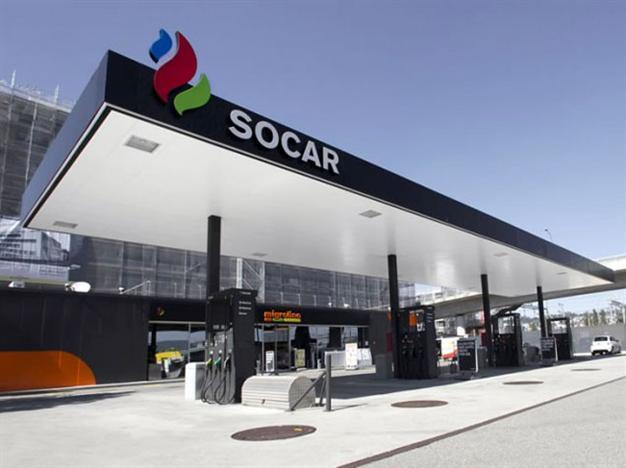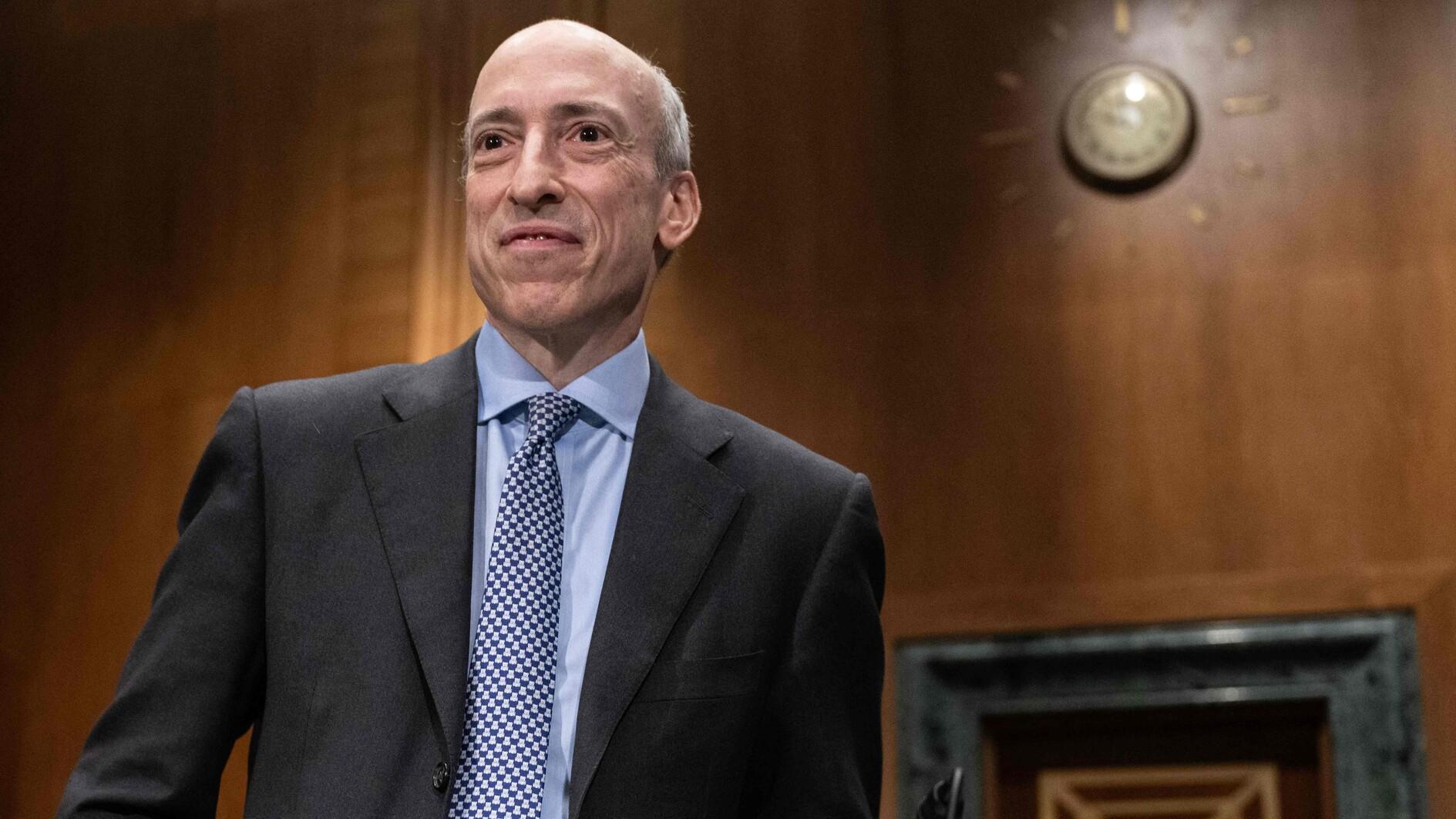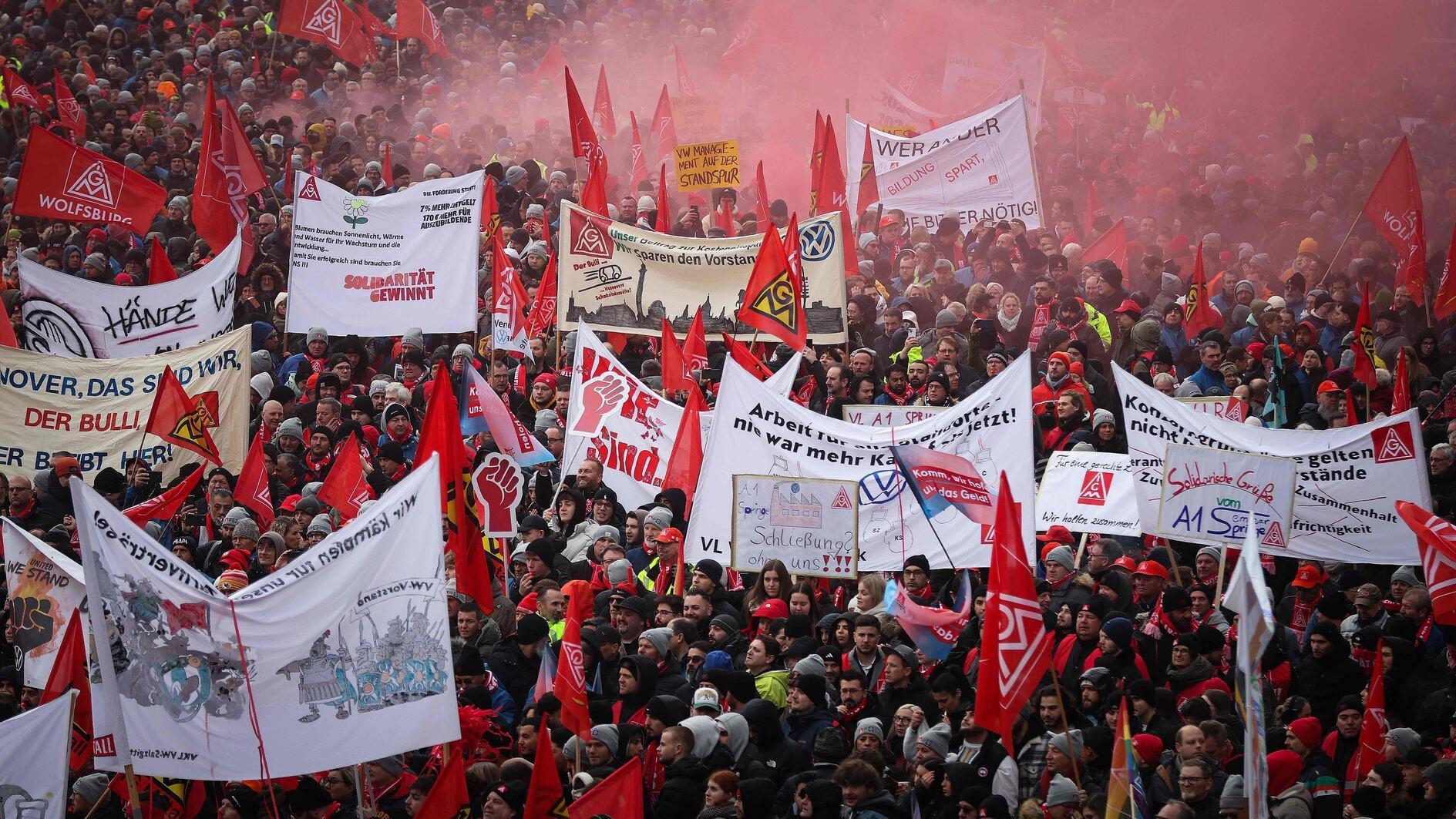Azeri SOCAR to borrow $4 bln to build refinery in Turkey
BAKU - Reuters

The refinery at Aliağa in western Turkey is planned to produce annually 500,000 tons of jet fuel, 6 million tons of diesel, 500,000 tons of petroleum coke, 300,000 tons of liquefied petroleum gas and 1.6 million tons of naphtha. Hürriyet archive photo
Azeri state energy firm SOCAR plans to borrow about $4 billion from foreign banks to finance construction of a refinery in Turkey, a company official said, a project that could provide a profitable outlet for its crude.“According to a financing scheme, 65 percent of financing of the Star refinery will be provided by bank credits, while the remaining 35 percent (will come) from Azerbaijan’s own resources, mainly the state oil fund,” SOCAR Vice President Suleiman Gasymov said.
Turkey currently imports most of its oil products. Its sole refiner, Tüpraş, already buys some Azeri crude as some of the 28 million tons of oil it processes annually at four plants.
The refinery at Aliağa in western Turkey is planned to produce annually 500,000 tons of jet fuel, 6 million tons of diesel, 500,000 tons of petroleum coke, 300,000 tons of liquefied petroleum gas and 1.6 million tons of naphtha.
Gasymov said SOCAR would sign an EPC (engineering, procurement and construction) contract with a consortium of foreign companies this month.
“The EPC contract on construction of the Star refinery with a capacity of 10 million tons of oil a year is expected to be signed within days,” he said.
“Conditions of the project will be presented to creditors after that.” Total construction costs are estimated at $5 billion to $6 billion. It is expected to be completed by 2016.
SOCAR, which controls Turkish petrochemical giant Petkim, owns 81.5 percent of the project, while Turkey’s Turcas Petrol owns the remaining 18.5 percent.
In December 2012, SOCAR selected a consortium of Tecnicas Reunidas, Saipem, GS Engineering & Construction and Itochu to build the refinery on the Aegean coast.
Gasymov said the European Bank for Reconstruction and Development, the World Bank and some foreign commercial banks had expressed interest in funding the project.
















